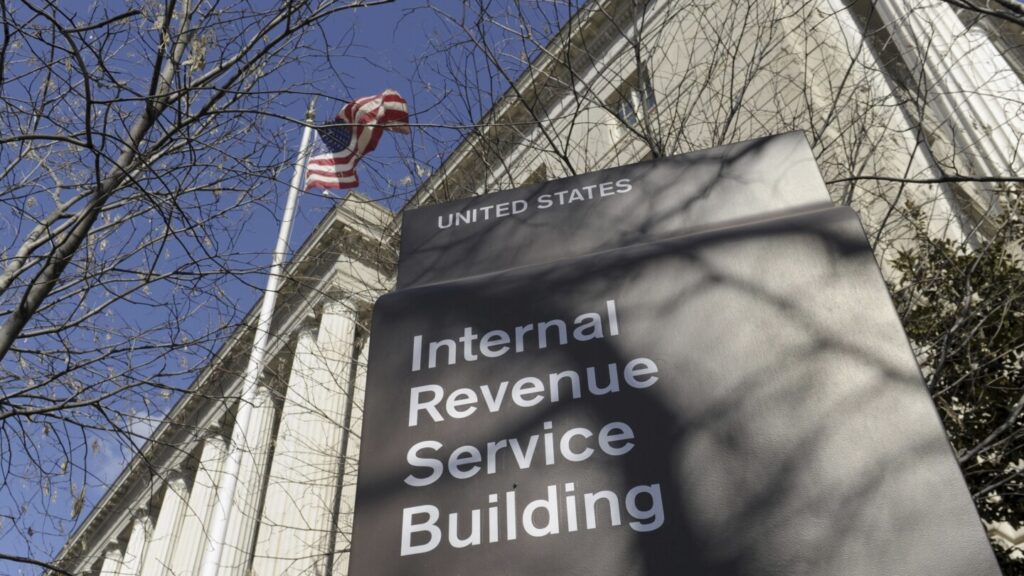The Trump administration has decided to discontinue the IRS Direct File program, an electronic tax filing system introduced during Joe Biden’s presidency. Although praised for simplifying the tax filing process, the program faced criticism from Republican lawmakers and tax preparation companies who deemed it unnecessary. Elon Musk and the Department of Government Efficiency played a role in the program’s fate, with Musk indicating the end of Direct File. Despite hopes for improvements by Musk and his team, the decision to halt the program’s development for the 2026 tax season was confirmed in mid-March.
Adam Ruben of the Economic Security Project criticized the decision, calling it unjust to everyday taxpayers. Conversely, David Williams of the Taxpayers Protection Alliance labeled Direct File as problematic due to its costs and low completion rates. The program, which began as a pilot in 2024, received backlash from private tax preparation companies profiting from taxpayer charges. The discontinuation of Direct File has sparked outrage among advocates like Amanda Renteria and Sen. Elizabeth Warren, who view it as a setback in providing free and efficient tax filing services to Americans.
Despite the program’s initial promise and funding under the Democratic administration, its termination signifies a shift in tax filing dynamics, with implications for taxpayers and commercial tax entities. The move to end Direct File raises questions about government service delivery and taxpayer interests in a landscape dominated by profit-driven tax preparation companies.

